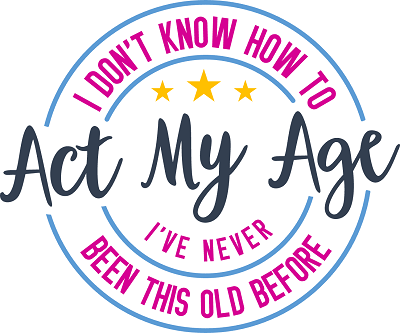 Our emotional health can affect every aspect of our lives. Those with control over their emotions and behaviors are considered to be emotionally healthy. These people can handle what comes at them, are able to build strong relationships and move on from tough times. It takes effort to maintain a healthy emotional attitude.
Our emotional health can affect every aspect of our lives. Those with control over their emotions and behaviors are considered to be emotionally healthy. These people can handle what comes at them, are able to build strong relationships and move on from tough times. It takes effort to maintain a healthy emotional attitude.
Emotional health refers to your overall well-being. It’s how you feel about yourself, your relationships, and the way you manage your feelings.
When you are feeling down or like your emotions are out of control, you don’t have to turn to Western medicine for treatment. You can rebalance your body and mind naturally.
Part of being emotionally healthy comes from getting enough rest. Strive to get a minimum of six, but preferably seven to eight hours of sleep every night.
Exercise in a way that will relieve stress while boosting your mood. Try yoga, meditation, Tai Chi, walking or any type of movements that make you feel good. Optimally, 30 minutes of exercise a day is what you should get, even if you have to break it into two or three segments. Exercise is the antidote to depression and stress. It doesn’t have to interfere with your daily routine, just look for ways to add a little bit more activity into your day. Walk the dog one more time around the park, take the stairs or garden.
Spend time in the sun. Sunlight is a proven mood booster. Just 15 minutes a day can make a big difference.
Practice good nutrition. Learn what types of foods you need to maintain a healthy diet and how to properly prepare them. Changing the way you cook and eat won’t be easy at first but the more you do it, and see how it affects your mood, and how much more energy you have, the easier it will become.
Take care of yourself. Get to know your stressors and find ways to reduce them. Learn how to balance your emotions and the stressors you cannot eliminate from your life. Recognize how expressing emotions appropriately helps you stay positive. Take note of when you handle things properly and how much better you feel. Negative emotions can lead to depression and anxiety, so they should be avoided when possible.
Create a strong support network to help you get through tough times. Someone you trust and can turn to for encouragement will boost your mood.
Stay away from tobacco, drugs and limit the amount of alcohol you consume. These may give you an initial mood boost but it is temporary and can lead to even stronger mood crashes.
Spend time doing positive things for others. Volunteer for something you believe in. Help out at your child’s school or donate time to the local animal shelter. Giving back to your community can make you feel great for days afterwards.
Have fun learning and discovering new things. Take an adult learning class, become a member of a book club, or travel somewhere new.
Access your inner artist. Paint a picture. Walk through a garden. Visit a museum. Take up photography. Admire an interesting architecture style.
Control your bad mental habits. Stop worrying about everything. Avoid being negative about yourself, your situation or other people. Worry can drain you, leaving you feeling depressed, anxious, and afraid. Before worrying about something, ask yourself if you have the power to change it. If you do, then make a plan to change it, if you don’t, then it doesn’t make sense to worry about it.
Get a pet that you can care for. They make you feel loved and needed unconditionally. Studies show that spending time with a pet can reduce stress and blood pressure.
Make time to relax. Do something just for you. Go to the beach. Listen to music or read a book. Play with your kids or grandkids at the park. Take up gardening or go to a funny movie.
Taking care of your emotional health through natural, alternative methods can keep your mind sharp, your body healthy, and your emotions in control. Remember, you are in control of your emotional health and only you can make positive changes to it.


